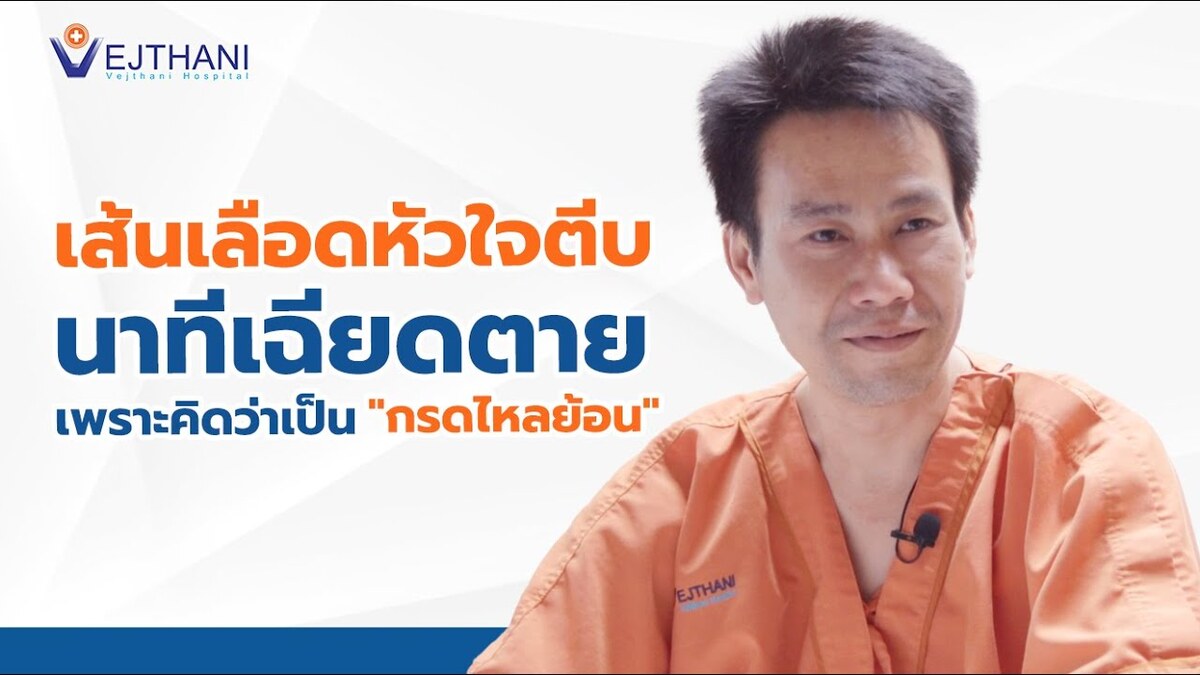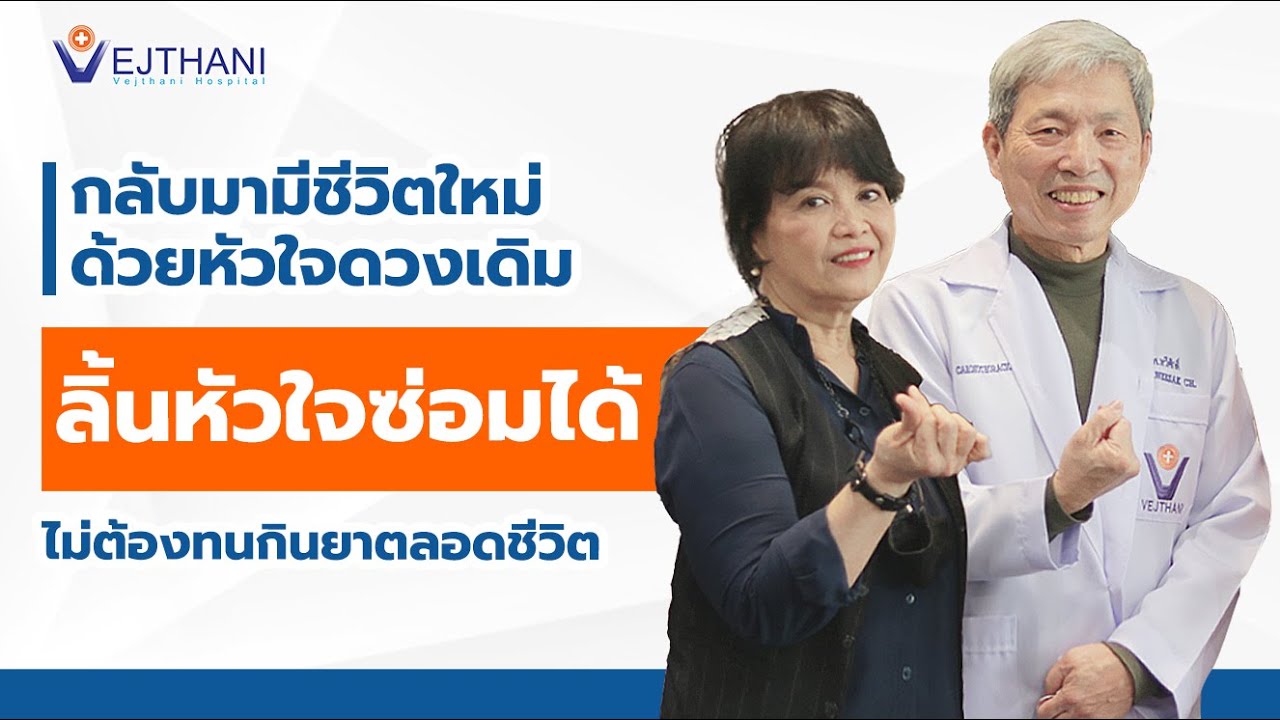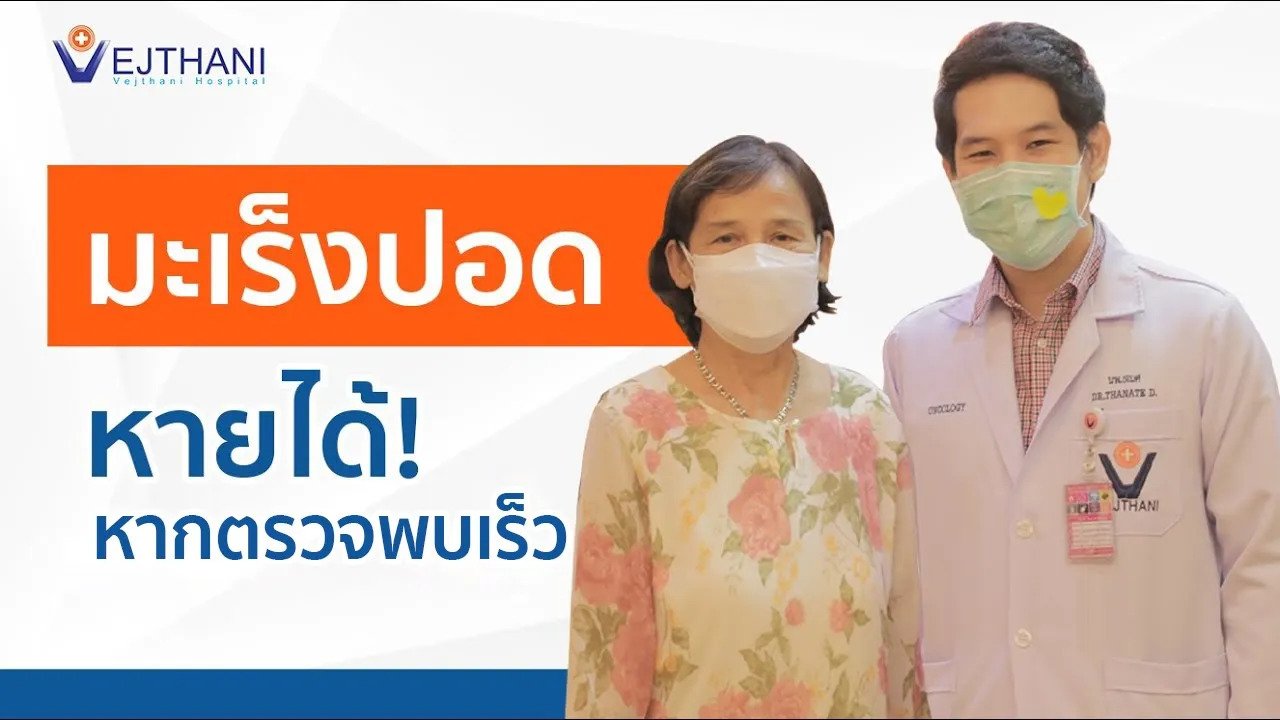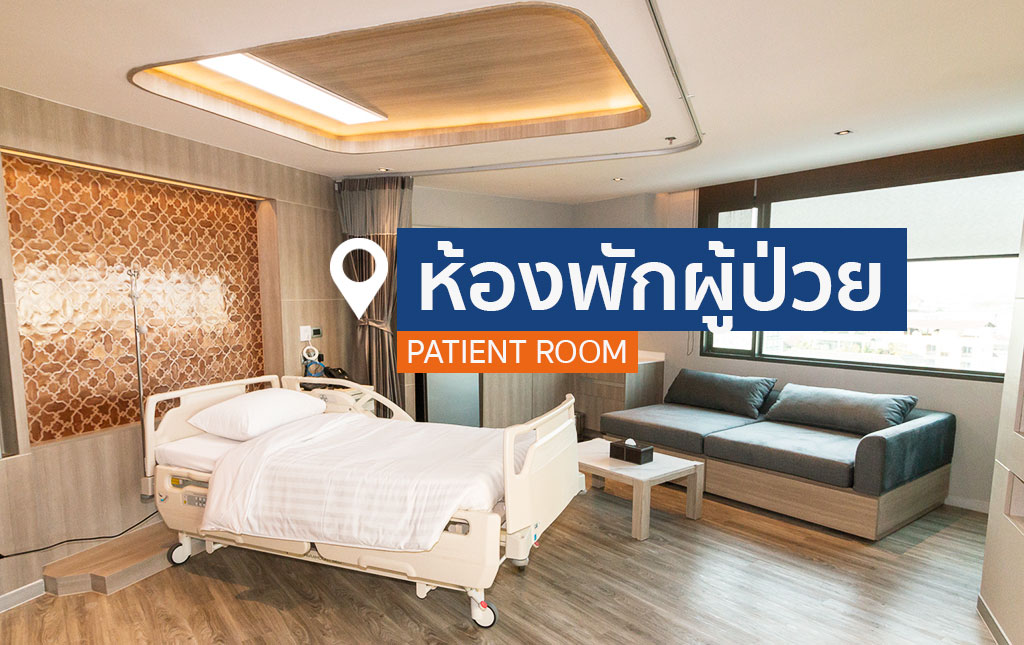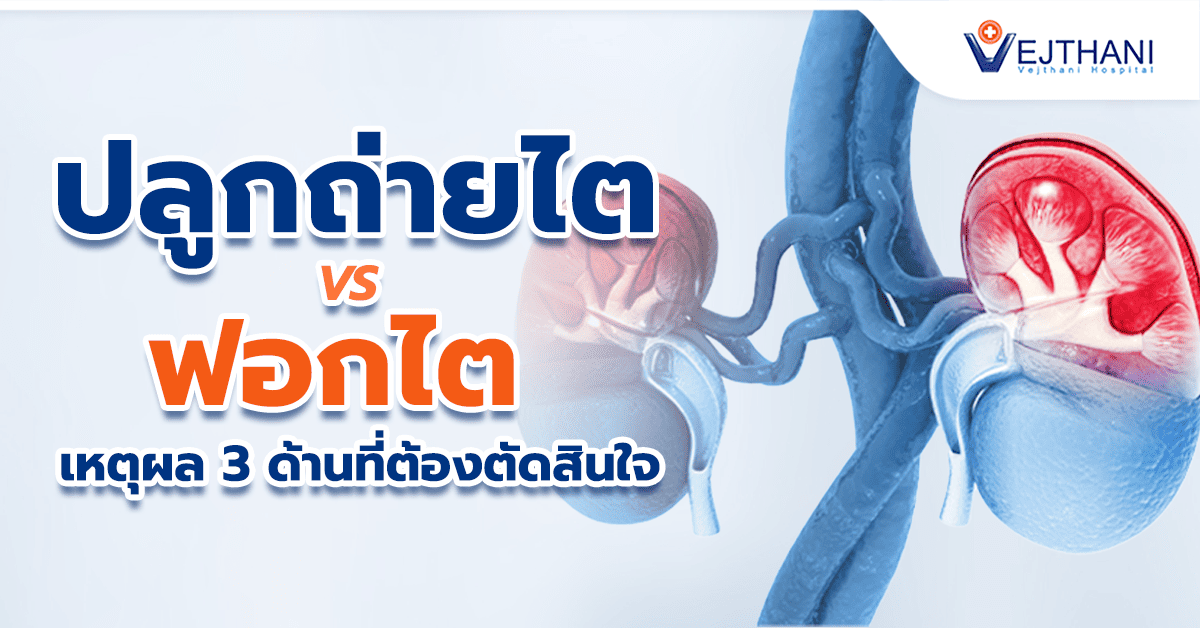
TRAVEL RISK ASSESSMENT BEFORE MEDICAL CARE
Advice and Assessment before travelling for Medical care or Surgical care.
I: TRAVELING BY AIR
Generally, it is prohibited to travel by air and have to check with your doctor to see when it is safe for you to travel, if you have these conditions;
- Have a recent heart attack or stroke.
- Have an implanted cardiac device such as pacemakers, cardiac resynchronization therapy (CRT) devices and implantable cardioverter defibrillators (ICD). Don’t forget to carry your personal device identification card with you at all times.
- Are suffering from the below signs and symptoms.
- Chest pain.
- Any disease that you can easily spread to other people.
- Severe sinus, ear, or nose infections.
- Breathlessness at rest, difficult breathing.
- Psychotic illness except when fully controlled.
- A fever of 100 degrees Fahrenheit (38 degrees Celsius) or greater.
- Skin rash
- Confusion
- Bruising or bleeding (without previous injury)
- Diarrhea that does not go away.
- Vomiting that does not go away (other than motion sickness).
- Have any type of surgery, especially stomach, brain, eye, orthopedic (bone and joint) surgery or head injury.
- Have flu-like symptoms with or without tuberculosis like symptoms such as prolonged cough, weight loss, night sweat, fatigue, fever, and chest pain for more than 2 weeks. You should continue treatment until this symptoms have resolved completely.
- Have passed 36 weeks of pregnancy (or 32 weeks if you are carrying twins, triplets, etc.).
- During the flight:
- Deep vein thrombosis can occur during a long-distance flight, you should get up and walk regularly when permitted by the staff on the aircraft. Bend and stretch your legs and wiggle your feet at regular intervals (for example every 30 minutes) to encourage your circulation.
If you have a higher risk of developing deep vein thrombosis, your doctor can help you work out what measures you may need to take prior to flying. This may include graduated compression stockings, aspirin, or anticoagulants.
GUIDELINE FOR PREVENTING VENOUS THROMBOEMBOLISM (VTE)
The guideline to prevent venous thromboembolism (VTE) in all passengers who travel with aircraft in our hospital.
There are many factors that increasing risk of VTE in travelers who get in long-haul flight, such as sex, age, flight duration etc.
We have some basic advices for all travelers who have risk of VTE.
- Drink water, we suggest 1 liter of water on the eve of the flight and 1 liter during the flight.
- Wear loose clothing
- Walk around and perform ankle movement during the flight every 3 hours
- Medical compression Class II regardless of flight duration, if there is a tendency to develop edema during a flight. If flight duration less than 3 hour is not recommendation in all passengers. The compressive sock pressure is needed in the long-haul flight with intermediate and high risk passenger.
- Venotonic agent in tablets or gel strongly recommended if travelling in hot countries.
- Aspirin, it’s still no justification for taking before a flight but do not stop current antiplatelet therapy
In the other part, travelers who have history of DVT, chronic venous insufficiency, leg edema and varicose veins must be advised from their physicians for pre-flight planning.
- Keep all of your medications in your hand luggage.
- Drink plenty of water to help prevent hydration and to help loosen your sputum and allow you to keep your chest clear from low humidity levels in air cabin.
- In case you need oxygen during the flight, must be requested in advance. A Medical Information Form, stating your current clinical condition and the reason for oxygen requirement, must be filled out and submitted to the airlines. It may take 3-5 working days to process and subjected to the airlines approval.
II: PRE – OPERATIVE PREPARATION
- If you have any underlying diseases: cardiovascular disease / diabetes / high blood pressure / asthma / cancer / or any allergic to any medications and any medicines you are taking, current treatment and correlating diagnosis, please inform physician in advance.
- If you are taking anticoagulants like aspirin, Persantin®, Ticlid®, Plavix®, warfarin, Orfarin®, heparin, and Fraxiparine®, herbal supplements, and vitamins, especially vitamin E, stop these medications/supplements at least one week before the surgery or as recommended by your doctor.
- If you smoke and drink alcohol regularly, please stop for at least one week before the surgery to reduce the chances of complications.
- Please inform your doctor before the surgery if you have an existing medical condition for which you are taking medication and/or you have undergone any previous surgeries.
